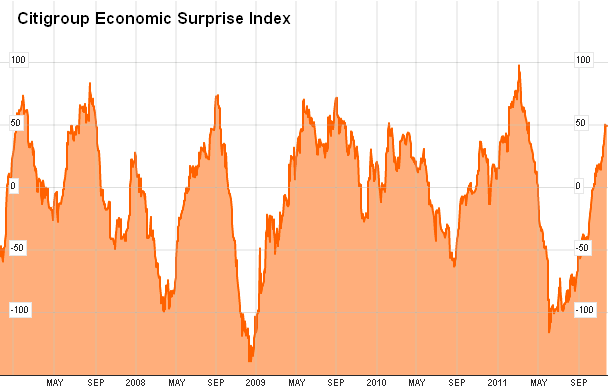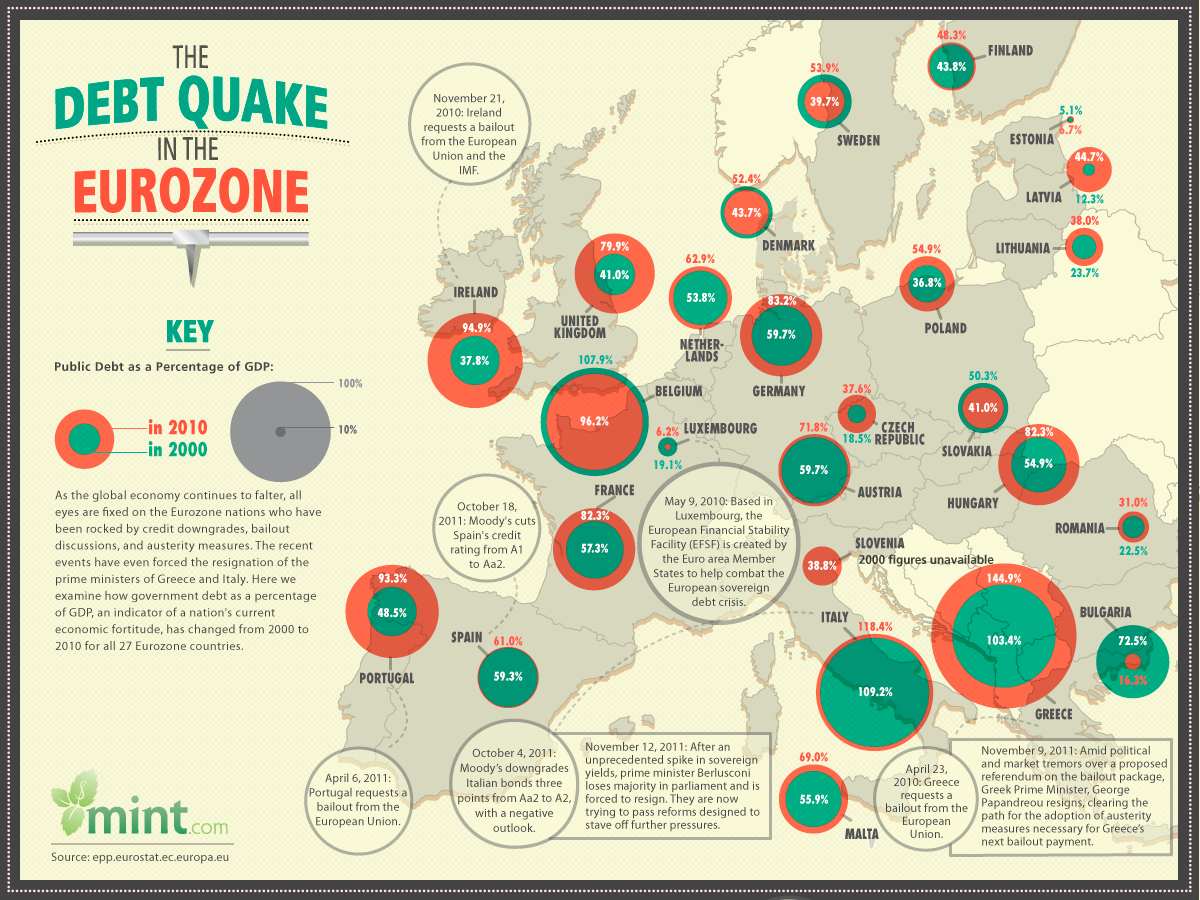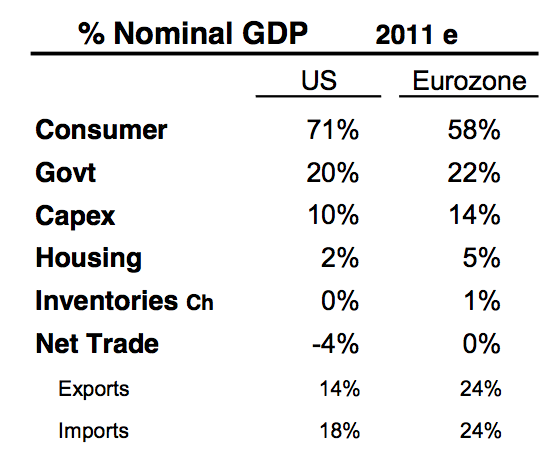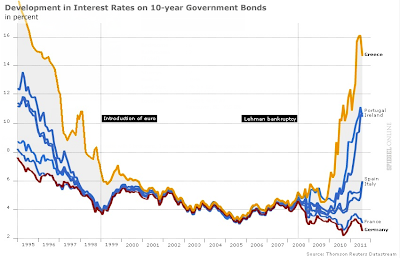"Economics is at the start of a revolution that is traceable to an unexpected source: medical schools and their research facilities. Neuroscience – the science of how the brain, that physical organ inside one’s head, really works – is beginning to change the way we think about how people make decisions. These findings will inevitably change the way we think about how economies function. In short, we are at the dawn of “neuroeconomics.”
Efforts to link neuroscience to economics have occurred mostly in just the last few years, and the growth of neuroeconomics is still in its early stages. But its nascence follows a pattern: revolutions in science tend to come from completely unexpected places. A field of science can turn barren if no fundamentally new approaches to research are on the horizon. Scholars can become so trapped in their methods – in the language and assumptions of the accepted approach to their discipline – that their research becomes repetitive or trivial.
Then something exciting comes along from someone who was never involved with these methods – some new idea that attracts young scholars and a few iconoclastic old scholars, who are willing to learn a different science and its different research methods. At a certain moment in this process, a scientific revolution is born.
The neuroeconomic revolution has passed some key milestones quite recently, notably the publication last year of neuroscientist Paul Glimcher’s book
Foundations of Neuroeconomic Analysis – a pointed variation on the title of Paul Samuelson’s 1947 classic work,
Foundations of Economic Analysis, which helped to launch an earlier revolution in economic theory. And Glimcher himself now holds an appointment at New York University’s economics department (he also works at NYU’s Center for Neural Science).
To most economists, however, Glimcher might as well have come from outer space. After all, his doctorate is from the University of Pennsylvania School of Medicine’s neuroscience department. Moreover, neuroeconomists like him conduct research that is well beyond their conventional colleagues’ intellectual comfort zone, for they seek to advance some of the core concepts of economics by linking them to specific brain structures.
Much of modern economic and financial theory is based on the assumption that people are rational, and thus that they systematically maximize their own happiness, or as economists call it, their “utility.” When Samuelson took on the subject in his 1947 book, he did not look into the brain, but relied instead on “revealed preference.” People’s objectives are revealed only by observing their economic activities. Under Samuelson’s guidance, generations of economists have based their research not on any physical structure underlying thought and behavior, but only on the assumption of rationality.
As a result, Glimcher is skeptical of prevailing economic theory, and is seeking a physical basis for it in the brain. He wants to transform “soft” utility theory into “hard” utility theory by discovering the brain mechanisms that underlie it.
In particular, Glimcher wants to identify brain structures that process key elements of utility theory when people face uncertainty: “(1) subjective value, (2) probability, (3) the product of subjective value and probability (expected subjective value), and (4) a neuro-computational mechanism that selects the element from the choice set that has the highest ‘expected subjective value’…”
While Glimcher and his colleagues have uncovered tantalizing evidence, they have yet to find most of the fundamental brain structures. Maybe that is because such structures simply do not exist, and the whole utility-maximization theory is wrong, or at least in need of fundamental revision. If so, that finding alone would shake economics to its foundations.
Another direction that excites neuroscientists is how the brain deals with ambiguous situations, when probabilities are not known, and when other highly relevant information is not available. It has already been discovered that the brain regions used to deal with problems when probabilities are clear are different from those used when probabilities are unknown. This research might help us to understand how people handle uncertainty and risk in, say, financial markets at a time of crisis.
John Maynard Keynes thought that most economic decision-making occurs in ambiguous situations in which probabilities are not known. He concluded that much of our business cycle is driven by fluctuations in “animal spirits,” something in the mind – and not understood by economists.
Of course, the problem with economics is that there are often as many interpretations of any crisis as there are economists. An economy is a remarkably complex structure, and fathoming it depends on understanding its laws, regulations, business practices and customs, and balance sheets, among many other details.
Yet it is likely that one day we will know much more about how economies work – or fail to work – by understanding better the physical structures that underlie brain functioning. Those structures – networks of neurons that communicate with each other via axons and dendrites – underlie the familiar analogy of the brain to a computer – networks of transistors that communicate with each other via electric wires. The economy is the next analogy: a network of people who communicate with each other via electronic and other connections.
The brain, the computer, and the economy: all three are devices whose purpose is to solve fundamental information problems in coordinating the activities of individual units – the neurons, the transistors, or individual people. As we improve our understanding of the problems that any one of these devices solves – and how it overcomes obstacles in doing so – we learn something valuable about all three."
at
http://www.project-syndicate.org/commentary/shiller80/English












